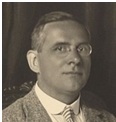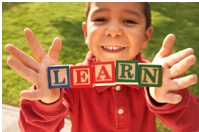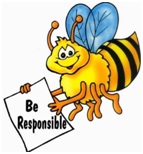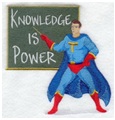|
 |
|
 |
|
|
||
Karl Popper - Philosophy and Learning
Karl Popper (1902-94)
Austrian-born British philosopher (pictured right) who fled from the Nazis and from 1949 was a professor at the University of London.
His most famous book is... The Logic of Scientific Discovery (1934).
What did he say about learning? 1. Knowledge is never certain Scientific theories are true until they are proved to be false. This is Popper’s “falsification principle” and was based upon the “principle of verifiability” of the Vienna Circle, led by Moritz Schlick (pictured right). Popper said that we:
For example, people thought that Newton’s (pictured right) ideas about physics would always be true but Einstein’s (pictured right below) Theory of Relativity disproved some of them. “Every genuine test of a theory is an attempt to falsify it, or to refute it”, Popper said.
2. Encourage dissent People learn and improve by openly challenging existing knowledge and ideas. This is why Popper supported an “open society” that actively encourages:
3. Continuous learning is essential Because our knowledge is limited, the more we learn, the more we become aware of our ignorance. So:
4. Personal responsibility Only you can make yourself happy and knowledgeable. But governments can help you do so by removing social evils like:
5. Knowledge makes people powerful People in power fiercely protect the knowledge, which made them powerful. Instead knowledge and learning should be given to everyone, so they are better able to force policy makers to improve. Knowledge must liberate people not control them.
6. “Three worlds” There are “three worlds” that are vital to learning:
Key quotes on learning Every genuine test of a theory is an attempt to falsify it, or to refute it The more we learn about the world and the deeper our learning, the more conscious,specific and articulate will be our knowledge of what we do not know, our knowledge of our ignorance.
Key quote on knowledge management True ignorance is not the absence of knowledge, but the refusal to acquire it.
Key quotes on science Science must begin with myths and with the criticism of myths. Science is one of the very few human activities – perhaps the only one – in which errors are systematically criticized and fairly often, in time, corrected. |
|
|
||
|
|
||
| Copyright © wisdomtowin.com 2025 All Rights Reserved | ||
|










